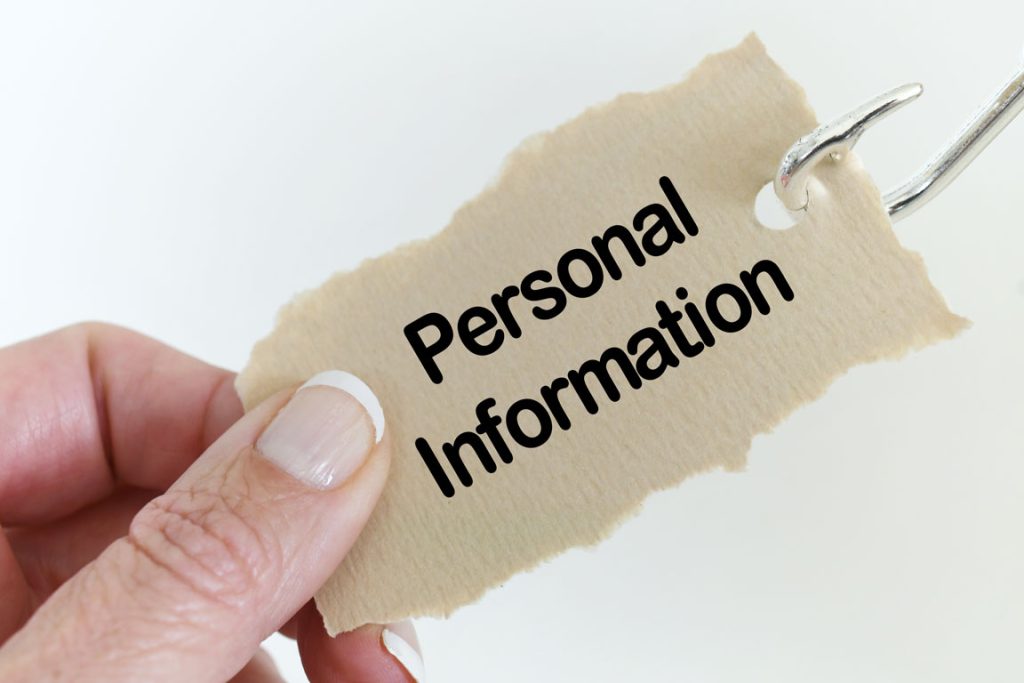Unfortunately, health insurance scams are all too common these days. This article provides helpful information on how some health insurance scams work and how to avoid falling for them.
How Do Most Health Insurance Scams Work?
You get a call or see an ad offering you big discounts on health insurance. Or maybe someone contacts you out of the blue, says they’re from the government, and asks for your Medicare number to issue you a new card.
Scammers follow the news. When it’s Medicare open season, or when health insurance is a big story, scammers get busy contacting people. They want to get your Social Security number, financial account numbers, or insurance information.
Think about these questions. Is that discount insurance plan a good deal? Is that “government official” really from the government? Do you really have to get a new health insurance card? The answer to all three is almost always: No.

What Should You Look Out For?
High-pressure visits, mail solicitations, e-mails, and phone calls from people pretending to work for the government. No one should threaten you with legal action if you do not sign up for a plan. Always ask for identification if someone comes to your door.
People you did not contact who request personal information. They may be trying to steal your identity. No one from the government will call or email you to sell you an insurance plan or ask for personal identifying information. Be careful when giving out personal information, such as credit card, banking, or Social Security numbers.

Types and Goals of Health Insurance Scams
Identity Theft
Scammers may use stolen personal information to fraudulently sign up for health insurance in your name, leaving you responsible for their medical expenses.
Medical Equipment Scams
Scammers may bill your insurance for expensive medical equipment or services you never received or did not need.
Fake Prescription Discount Cards
Scammers may offer fake prescription discount cards that promise significant savings but are often worthless.
Robocalls and Unsolicited Offers
Fraudulent robocalls or unsolicited emails may claim to provide you with unbelievable insurance deals but are actually attempting to steal your personal information or money.
Medical Identity Theft
Scammers may use your personal information to obtain medical services, prescriptions, or procedures.
